Blog
Nutrition and Hydration Week: Improve your Nutrition and Hydration Levels

Nutrition and Hydration Week: Improve your Nutrition and Hydration Levels
Table of Contents
ToggleNutrition and Hydration Week 2023: Overview
Every full third week of March has been named the nutrition and hydration week since 2012. In 2023, the nutrition and hydration week will be held between March 13th and 19th, 2023. The primary purpose of this week is to raise awareness about the crucial role of drink and food in preserving the well-being of people in healthcare and social settings.
The goal of nutrition and hydration week or an awareness campaign is to connect with healthcare professionals working in healthcare sectors. Connecting with healthcare professionals and using their knowledge and experience helps create a fantastic campaign that makes people aware of the importance of nutrition and hydration in their bodies.
Malnutrition is a condition happening when one does not take the sufficient or correct amount of nutrients in their diet. Malnutrition is considered one of the major public health issues in the UK. It’s been reported that there are approximately three million people in the UK or many more over the world are malnourished or at a high risk of developing malnutrition.
On the other hand, dehydration occurs when your body loses more water or fluids than it takes. A Water Logic report shows that in the UK people drink only 53% of their optimal water consumption level each day. Well, there is no exact figure is calculated that how many people suffer from dehydration every year in the UK. However, the International Longevity Centre (ILC) UK report reveals that a quarter of all care home patients admitted to hospitals are dehydrated.
The further discussion is a detailed account of the common causes, symptoms, treatments, and preventions of malnutrition and dehydration. It will help make people aware of the nutritional and hydrational problems and their solutions. So, let’s begin the discussion here;
Causes of malnutrition and dehydration problems
The common cause of malnutrition is the insufficient intake of nutrients in your body. However, the following are the risk factors contributing to malnutrition:
1. Health conditions
- Several long-term medical conditions may cause malnutrition. For example, people suffering from conditions causing loss of appetite, vomiting, and changes in bowel habits are more prone to malnutrition. These conditions may include liver disease, cancer, and chronic obstructive pulmonary disease (lung disease).
- Inflammation may also contribute to malnutrition through anorexia – an eating disorder. Adding anti-inflammatory foods to your diet may help you manage inflammation, reducing the chances of malnutrition.
- Some mental health conditions, including schizophrenia and depression, may affect your desire to eat, causing malnutrition.
- Some conditions, including ulcerative colitis and Crohn’s disease, may disrupt your ability to absorb nutrients and digest food, contributing to malnutrition.
- Dementia may cause a person to forget to eat or neglect their well-being. Thus, it may also lead to malnutrition.
2. Medications
Some medicines may have serious side effects, making you feel sick, causing diarrhoea, and losing your appetite. Thus, they become the reasons for eating less or making you unable to absorb sufficient nutrients, causing malnutrition.
3. Physical and social factors
- Having teeth in poor condition, or poorly fitted dentures may make eating painful or difficult, contributing to insufficient take of nutrients.
- Having minimum knowledge of cooking or nutrition is another common factor.
- Any physical disability or impairment that makes it difficult to move around, cook, or shop.
- Dependency on alcohol or drug is another common cause of malnutrition.
The primary cause of dehydration is taking insufficient fluid in your body. This insufficiency of water may result from sickness or when lack of access to drinking water during travelling, camping, or hiking. However, the following are the most common risk factors contributing to dehydration:
1. Fever, Diarrhoea, vomiting: Generally, it is considered that a high fever may become you more dehydrated. Diarrhoea and vomiting may cause a tremendous loss of water. The problem may worsen when you experience fever along with diarrhoea and vomiting.
2. Excessive sweating: Sweating is a major cause of water loss. Insufficient take of water during vigorous activities may make you dehydrated.
3. Increased urination: Increased urination is one of the most common causes of dehydration. Uncontrolled or undiagnosed diabetes is the major cause of increased urination. As well as this, some medications may also cause you to urinate more, leading to dehydration.
Symptoms of malnutrition and dehydration problems
The following are the common signs and symptoms of malnutrition:
- Weight loss
- Reduced appetite
- Feeling weakness
- Getting ill often
- Taking a long time to recover
- Poor concentration
- Feeling cold mostly
- Depression or low mode
- Lack of interest in drink and food
- Feeling tired all the time
Whenever you feel or experience the following signs and symptoms, you may have been suffering from dehydration:
- A dry mouth
- Tiredness
- Feeling lightheaded and thirsty
- Having strong-smelling and dark-coloured urine
- Passing urine less often than usual
How to manage malnutrition?
Experts or healthcare professionals suggest the following plans to deal with or control the chances of malnutrition:
- Eating a well-balanced and healthy diet helps manage the symptoms of malnutrition and also prevents the chances of malnutrition.
- Add fortified foods containing more nutrients into your diet.
- Try to eat healthy snacks between your meals.
- Have drinks containing lots of calories and minerals.
- Must include protein, including chicken, fish, eggs, lentils, or beans in your meals.
- Cream milk, butter, cheese, and olive oil, are enriched in calories. So, adding these items to your diet is recommended.
- Fruits, vegetables, nuts, and seeds are also enriched in calories. You must also add them to your regular diet.
How to manage dehydration?
By pursuing the following tips, you may deal with or control the chances of dehydration:
- Ensure that you drink plenty of water throughout the day.
- If you work in an outdoor or hot environment, ensure that you take water regularly.
- Sportspeople are advised to drink sports drinks containing carbohydrates and electrolytes to manage the loss of water.
- For further guidance or assistance, you must consult your healthcare professionals, sports coaches, or workout specialists to maintain the hydration level in your body.
Indeed, all these eatables or drinkables help you manage or avoid malnutrition and dehydration. But, ensure that you take or add these items into your diet plans under the guidance of your healthcare advisors. Remember that taking unnecessary items or overusing them may cause other health problems.
The Bottom Line
The main purpose of Nutrition and Hydration Week 2023 is to make people aware of all the facts related to nutrition and hydration. The given discussion can help people know what makes them susceptible to developing malnutrition and dehydration. We have also discussed the common signs and symptoms associated with malnutrition and dehydration. Thus, it will help you diagnose the problem, enabling you to find out and follow potential treatment plans. Our discussion is summed up with the control and prevention of malnutrition and dehydration. If you are here reading this article, must share it with others to help us make people aware of the importance of nutrition and hydration for living a healthy life.
Social Share
More Posts
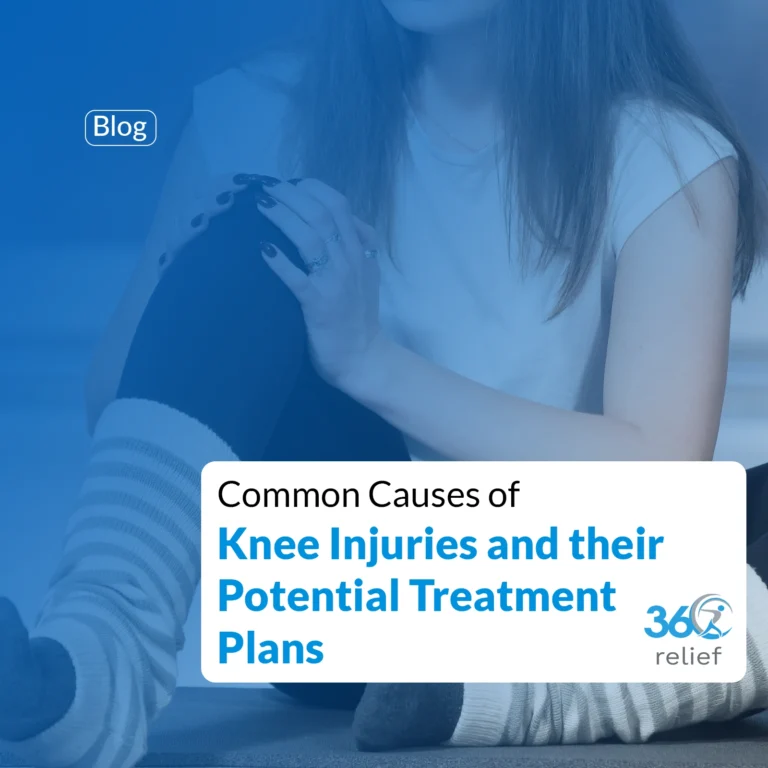
Common Causes of Knee Injuries and their Potential Treatment Plans
Knee Injuries: Overview The knee joint is considered one of the complex and largest joints in the body. It is

What is the Fastest way to Heal a Dislocated Knee?
A dislocated knee is relatively an uncommon injury. Ligaments connect the bones of the knee, which will result in a

Wake Up Refreshed: The Science-Backed Benefits of Eye Masks
Sleep is something we all know we need, yet many of us don’t get enough of it. Whether it’s the
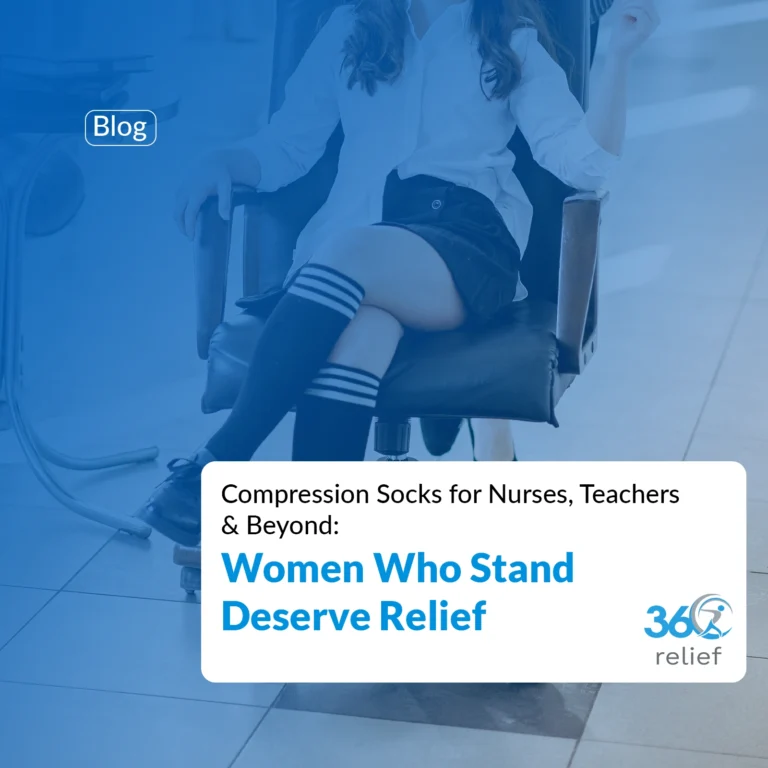
Compression Socks for Nurses, Teachers & Beyond: Women Who Stand Deserve Relief
Introduction Long days on your feet can be exhausting. Whether you are caring for patients, teaching in a classroom, welcoming

Your Guide to Autumn & Winter Running Events in the UK
As the leaves turn golden and the evenings draw in, the running community across the UK doesn’t slow down. If
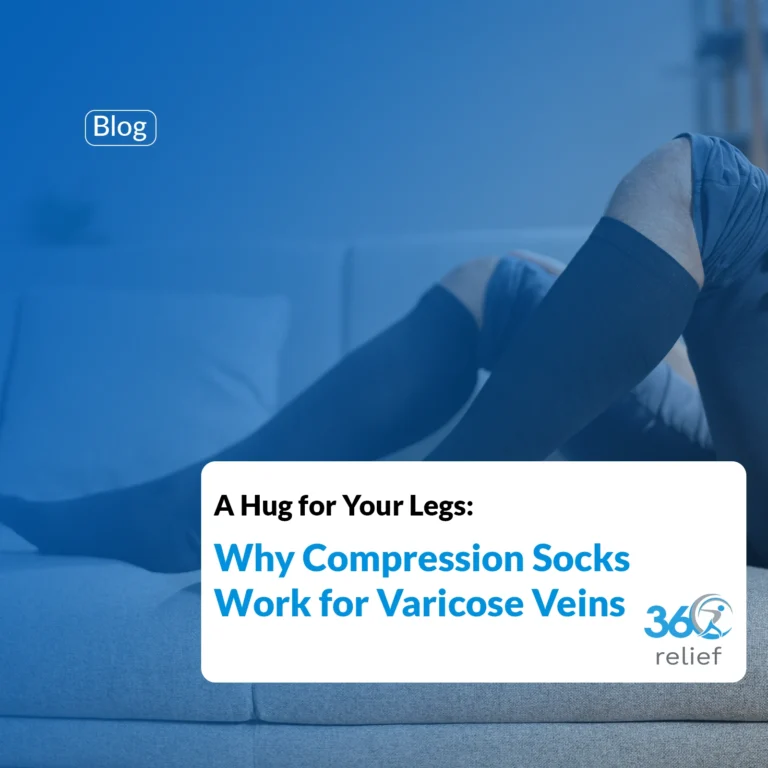
A Hug for Your Legs: Why Compression Socks Work for Varicose Veins
Varicose veins are more than just a cosmetic concern. For many people, they bring discomfort, swelling, and a heavy feeling
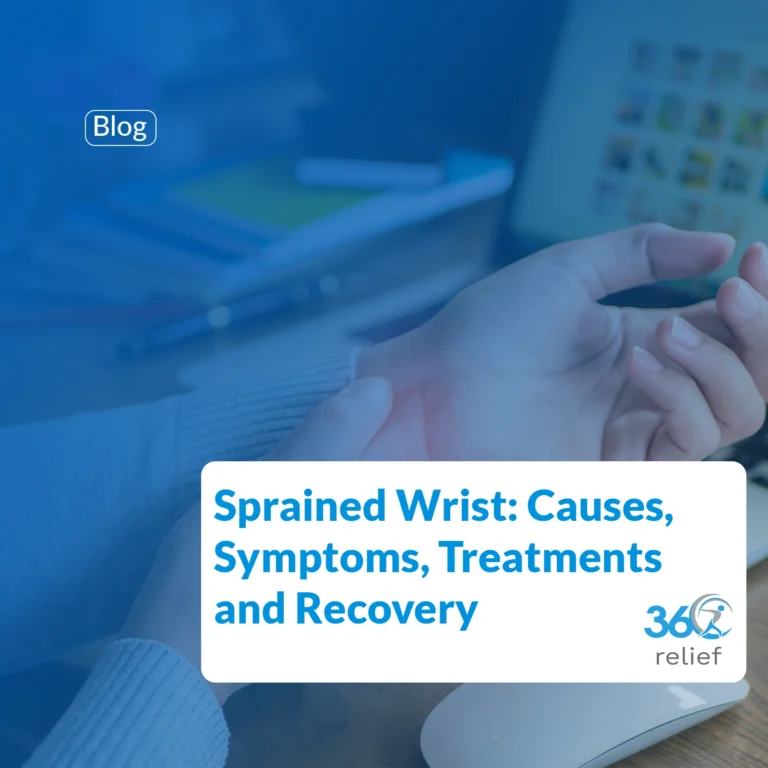
Sprained Wrist: Causes, Symptoms, Treatments, and Recovery
A wrist sprain(s) occurs when a ligament in the wrist is partially injured. Ligaments are the dense connective tissues that

2025 Unibet British Open Snooker: Play Longer, Stay Stronger with the Right Support
The 2025 Unibet British Open Snooker is just around the corner, and excitement is building as fans prepare to watch
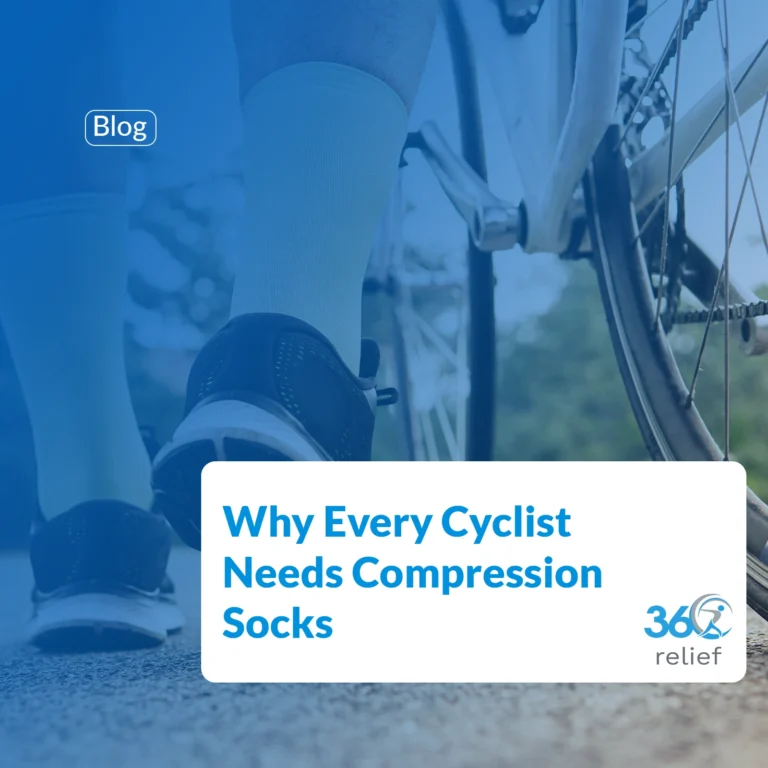
Ride Longer, Recover Faster: Why Every Cyclist Needs Compression Socks
Cycling is one of the most rewarding sports for both fitness and leisure, but it also places high demands on

Stay Injury-Free During the 2025 Tour of Britain: The Best Protective Supports for Cyclists
Cycling fans across the UK are gearing up for one of the most exciting events on the sporting calendar –

Train Hard, Recover Smarter: Why Supportive Products Are Key for 2025 World Boxing Championships Success
The World Boxing Championships 2025 are just around the corner, with Liverpool preparing to host some of the finest athletes

Top Benefits of Using a Sleep Eye Mask for Deeper, Healthier Rest
Getting enough sleep is one of the most important foundations of good health, yet many people in the UK struggle

Women’s 2025 Rugby World Cup: Thrilling Action, Smart Moves to Escape Possible Injuries
1. Introduction – Rugby’s Biggest Stage Returns to England From August to September 2025, England will host the most exciting
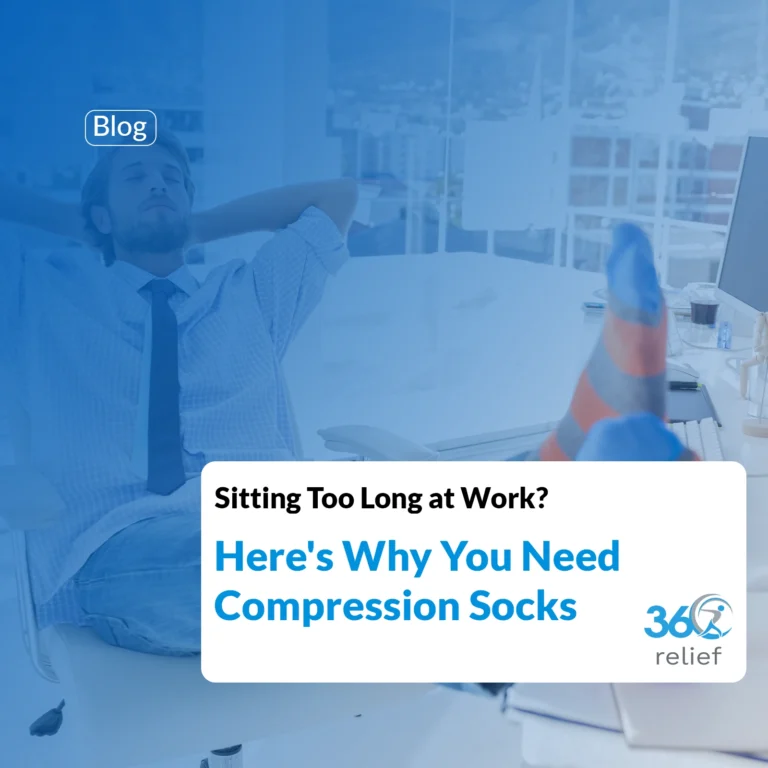
Sitting Too Long at Work? Here’s Why You Need Compression Socks
Modern workplaces often involve long hours at a desk, whether in an office or working from home. While sitting may

Busy Mum’s Guide to Leg Comfort: Why Compression Socks Are a Game Changer
Mums are the true multitaskers of everyday life. From school runs to supermarket trips, from cleaning to working on your

